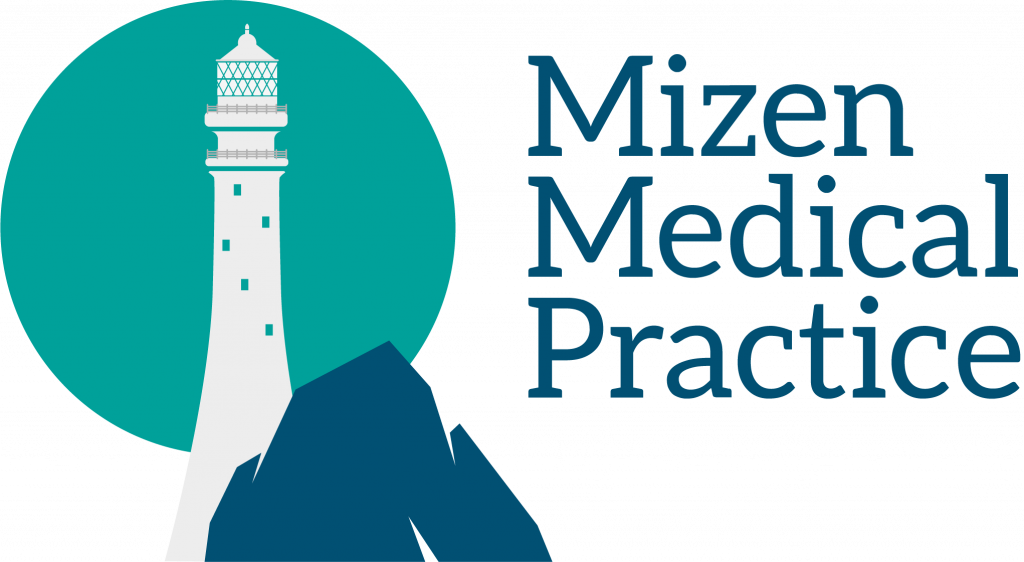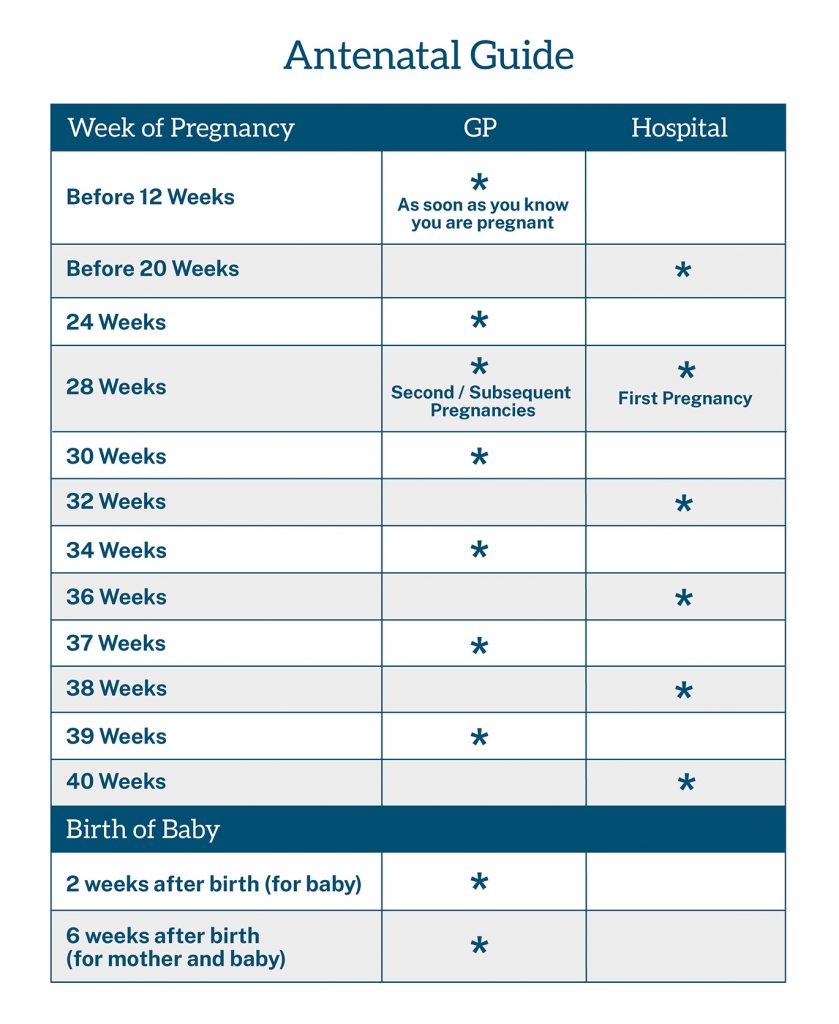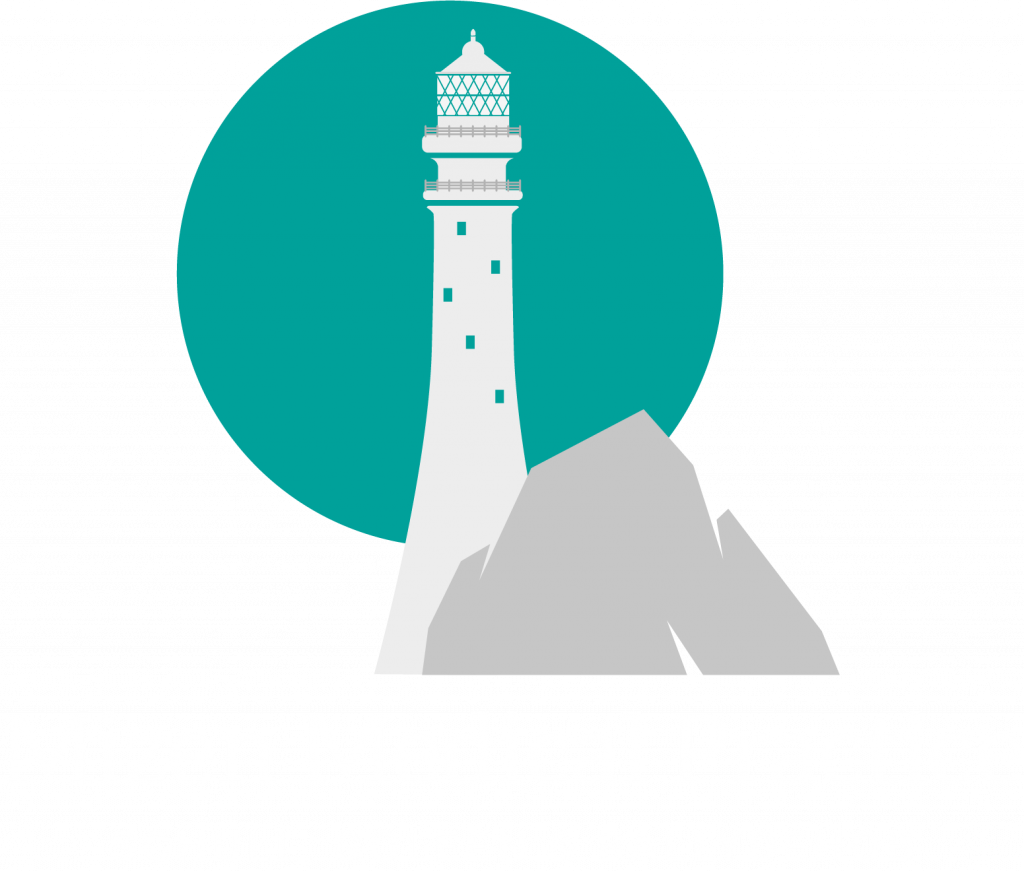Our Services
Our Services
We are very lucky to have a group of highly qualified practice nurses who each bring their own expertise to the team at Mizen Medical. It is hard to list, in full, everything that they do….because they do so much!
Services offered by Nurses at Mizen Medical include, but are not limited to;
- Suture removal
- Surgical and wound dressings
- Vitamin B12 injections
- Cervical smears
- Ear syringing
- ECG testing
- Ambulatory blood pressure monitoring
- Pre-diabetes and Diabetes education
- Cardiovascular education and prevention
- Blood testing & communication of results
- Long term illness assessments and follow up
- Asthma Care and Inhaler review
Practice Nurses are experts in wound dressings and will make an appropriate referral to our colleagues in Public Health Nursing if required.
Please check with our secretaries at the time of booking as to whether the purpose of your visit would be better served by seeing the Practice Nurse.
- MENOPAUSAL HEALTH
- CERVICAL SMEAR
CervicalCheck is the free Cervical Smear testing service. It is recommended for women between the ages of 25 and 65 years old.
Registration information can be found here. You may also register by phoning 1800454555. After registering, you will receive an invitation letter by post to bring to your smear appointment.
- CONTRACEPTION
At Mizen Medical we can advise you on a wide range of contraceptive options. We also provide Long Acting Reversible Contraceptives, for example the Implanon and Contraceptive Coil. Contraceptive care is now free for all aged 17 – 25 years of age.
- STI CHECKS
Sexually transmitted infections are tested for using a combination of urine tests, blood tests and/or swabs. All such requests are treated with the utmost confidence and discretion. Alternatively you may wish to request free home STI testing through the HSE website SH24.ie.
- FERTILITY TESTING
To assess fertility issues you GP will ask some questions about yourself and relevant medical issues in your family. Preliminary investigations will then be arranged and referral to specialist case when indicated.
- FAMILY PLANNING
Preparing for pregnancy is a vital step on your journey to starting or continuing your family. Starting Folic Acid supplementation 3 months before trying for a baby is one example of how you can optimise your well being and health of your developing baby. Please make an appointment if you would like to discuss pre-conceptual care.
- ANTENATAL CARE
See Below
- BONE HEALTH
Osteoporosis becomes an important issue as life progresses. Please speak to your GP about any concerns you may have. We will be happy to advise and arrange investigations or treatment as necessary.
Antenatal visits are free on the HSE Mother and Infant Scheme. You will register for this scheme when you attend for your first antenatal visit. Antenatal visits are shared between the Hospital Obstetrician and your GP. After birth, the scheme also includes an examination of the baby at 2 weeks and of the mother and baby at 6 weeks.
Please see the attached table for the schedule of visits.
Antenatal Vaccinations
- MMR before pregnancy to protect the developing baby from Rubella.
- Influenza vaccine is given safely at any time during pregnancy.
- Whooping cough vaccine is given between 16 and 36 weeks to protect the developing baby from whooping cough during their first 2 months of life.
- Covid vaccination is recommended on or after 16 weeks gestation for those who have yet to have a second booster.
See here for more information on vaccines recommended during pregnancy.
Traditionally, men have been slow to seek an opinion about worrying physical or psychological symptoms. Thankfully times are changing. Cancer and Cardiovascular Disease are the leading causes of death in men in Ireland. Please make an appointment to see your GP should you be experiencing symptoms of concern.
- PROSTATE HEALTH
Many men have friends or relatives who live with, or previously died as a result of, prostate cancer. If you have concerns about your prostate or whether you should undergo testing please speak to your GP.
- ERECTILE DYSFUNCTION
Erectile dysfunction is a common condition and treatments are available. Please speak to your GP in confidence if you have concerns around erectile function.
- STI CHECKS
Sexually transmitted infections are tested for using a combination of urine tests, blood tests and/or swabs. All such requests are treated with the utmost confidence and discretion. Alternatively you may wish to request free home STI testing through the HSE website SH24.ie.
- WELL MAN CHECK
Many men choose to complete a Well Man Check annually. It includes a consultation and assessment with the doctor, blood tests, urine tests and a nurse follow up consultation. ECG and/or 24 hour Blood Pressure assessment are performed if required. Prostate and testicular checks are carried out if required or requested.
Post natal checks are performed at 2 and 6 weeks after birth. Medical care is covered for children up to the age of 6 years old under the Governments Under-6 initiative.
2 Week Check
We will measure your baby’s weight, length and head circumference to ensure appropriate development.
6 Week Check
This involves the same measurements as the 2 week check in addition to physical examination of your newborn. Mum is also booked for an appointment at the six week check.
Cardiovascular Disease remains the leading cause of death in Ireland. The most common types of Cardiovascular Disease are Heart Attack and Stroke. You may wish to explore how to prevent future illness. You may have been diagnosed with a Cardiovascular condition and have questions about your current or future treatment options.
Traditional Cardiovascular Risk Factors include increasing age, male gender, having a family history of cardiovascular disease, smoking, obesity, high blood pressure and diabetes. Other aspects of your current or past health may also impact on your present or future cardiovascular risk.
- ECG’s
An electrocardiogram (ECG) is a simple test that can be used to check your heart’s rhythm and electrical activity. Sensors attached to the skin are used to detect the electrical signals produced by your heart each time it beats. These signals are recorded and looked at by the doctor to see if they are unusual. It takes 20 minutes.
- 24 HOUR AMBULATORY BLOOD PRESSURE MONITORING (ABPM)
24 Hour Blood Pressure assessments can help to diagnose and monitor Hypertension (High Blood Pressure). An ABPM tests your Blood Pressure regularly over a 24 hour period while you continue with your normal day.
When the doctor refers you for this test, one of our practice nurses will ring you to arrange a suitable time for fitting this device. You will be asked to attend the nurse again on the following day to return the monitor. You will be contacted within a couple of days with your results.
A range of Minor Surgical Procedures are available at Mizen Medical Practice. Dr. Alan Harris runs a dedicated surgical clinic once weekly. All GP’s at Mizen Medical perform various Community Surgical Procedures.
The doctors at Mizen Medical are registered with all major health care providers.
- LESION EXCISION
Many unusual or suspicious lesions can be diagnosed during a routine visit and subsequently safely excised in our dedicated treatment room. On the day of the procedure you will be booked for an extended appointment with the GP who will be assisted by a Practice Nurse. All removed lesions are sent for laboratory analysis to Cork University Hospital.
- CRYOTHERAPY
Cryotherapy is a method of freezing which uses a substance called liquid nitrogen remove a troublesome skin lesion. A carefully controlled amount of liquid nitrogen is applied to the affected area of skin. This has the affect of freezing the targeted cells and destroying the lesion.
- DIATHERMY
Diathermy involves removal of skin lesions using heat.
- JOINT INJECTIONS
Joint injections are performed in selected patients to relieve pain and improve function. This procedure requires prior assessment and education by the performing doctor.
- SUTURING OF MINOR WOUNDS
Minor wounds can be assessed in the surgery. Some wounds can be sutured in the surgery, others require initial stabilisation and subsequent referral to the Bantry Local Injuries Unit or Cork University Hospital. Sometimes “Skin Glue” may be used. This is especially useful in young children.
- ACUPUNCTURE
Acupuncture is a treatment derived from Ancient Chinese Medicine. Fine needles are inserted in various sites in the body for therapeutic or preventative purposes.
- CONTRACEPTIVE COIL AND CONTRACEPTIVE IMPLANT INSERTION/REMOVAL
The so called “long acting reversible contraption methods” are continuously increasing in popularity and are available at Mizen Medical. We are glad to be partaking in the HSE’s free contraception scheme which currently covers women aged 17 to 26 years old.
- INGROWN TOENAIL REMOVAL
An ingrown toenail develops when the sides of the nail grow into the surrounding skin. Ingrown toe nail removal involves cutting away a portion of the nail after the whole toe has been numbed with local anaesthetic. See here for further information.
- BLOOD TESTS
Blood test results usually take between 7 to 10 days to return to the practice and be reviewed by your GP. When all results have been reviewed, your GP will make individual recommendations. Practice nurses will communicate the results and recommendations to you by phone or, should you wish, by text. In certain circumstances the GP may contact you directly.
- VENESECTION
People living with bloodstream conditions for example Haemochromatosis need this procedure performed at regular intervals. It takes at 30 minutes and therefore requires a double appointment.
- GLUCOSE TOLERANCE TEST (GTT) (test to rule out Diabetes)
This test is often performed during the second trimester or pregnancy or when extra clarification is required after initial testing for diabetes.
Fasting overnight (aside from water) is necessary for this test. You will be asked to pick up a prescribed glucose drink from your preferred pharmacy to bring to the test.
A fasting blood test is taken. Then you will drink a Glucose containing drink. A second blood test is taken after 2 hours.
Otherwise known as Chronic Disease Management (CDM). This is a free twice yearly assessment for patients with Medical/DV Cards and usually involves blood tests, a review with the nurse and the doctor in addition to occasional extra tests such as ECG or Blood Pressure monitoring.
You are eligible if you have been diagnosed with any of the following conditions;
- Cardiovascular Conditions – Heart Attack, Stroke, Mini Stroke (TIA), Atrial Fibrillation
- Respiratory Conditions – Asthma, Chronic Obstructive Pulmonary Disease (COPD)
- Diabetes Mellitus (Type 2)
The aim of these assessments is to allow treatment to be adjusted where required, to diagnose new or emerging problems and most importantly to put the patient at the centre of managing their long term condition.
- DIABETES PREVENTION CLINIC
Pre-diabetes occurs when your blood sugar is higher than normal but not high enough to be diagnosed as Diabetes. Thankfully, when caught early, life style change can stop pre-diabetes in its tracks. Our nurses and Doctors will be happy to offer you information on how to reverse pre-Diabetes. In specific situations we will recommend referral to the excellent Walk Away (from Diabetes) program which is based in the Mizen Primary Care Centre.
Mizen Medical practice is affiliated with University College Cork and receives medical students during their community placements. They will often sit in during consultations. You will always be asked your permission before a student will be allowed to be present during the consultation.
The staff in Mizen Medical are keen lifelong learners and continually update their skills and knowledge through further training.
Mizen Medical Practice is an approved centre for Seafarer Medicals. Please contact reception to book your appointment.
When attending your Seafarers Medical please bring;
- Photo Identification (Passport or Driving Licence)
- Seafarers ID number
How do I apply for a Seafarers ID number? Apply here
Stomach ulcers can be caused by a bacteria called Helicobacter pylori. A breath test can be performed to investigate for the presence of this bacteria in your stomach. This test is performed by the nurse. You will be asked to blow into a test tube before and after drinking a solution containing urea (a chemical that’s broken down by H. pylori). These breath samples are then sent to hospital for analysis.


